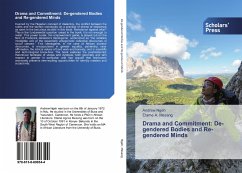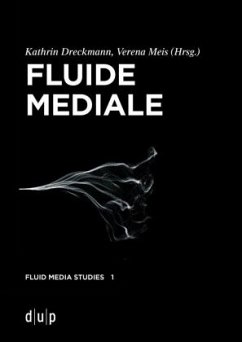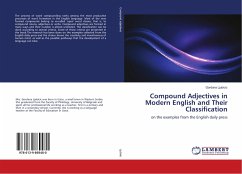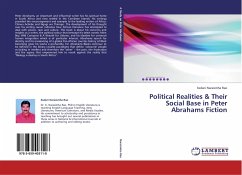
Delectable Bodies and their Clothes
Plato, Nietzsche, and the Translation of Latin America
Versandkostenfrei!
Versandfertig in 6-10 Tagen
45,99 €
inkl. MwSt.

PAYBACK Punkte
23 °P sammeln!
Post-Nietzschean conceptions of language have radically challenged the traditional view that has dominated the Platonic, Western tradition of translation, but have had a limited impact on mainstream translation studies. This book unfolds around a series of metaphors: translation as redressing, as cannibalism, and translation itself as a metaphor for the process by which national identities are constructed and cross-cultural exchanges are enacted. Metaphor is key to this study because both translation and metaphor not only share a common etymology, but have both been designated as secondary for...
Post-Nietzschean conceptions of language have radically challenged the traditional view that has dominated the Platonic, Western tradition of translation, but have had a limited impact on mainstream translation studies. This book unfolds around a series of metaphors: translation as redressing, as cannibalism, and translation itself as a metaphor for the process by which national identities are constructed and cross-cultural exchanges are enacted. Metaphor is key to this study because both translation and metaphor not only share a common etymology, but have both been designated as secondary forms of representation in the Western tradition and have undergone similar revisions in contemporary philosophy. Both concepts can aid in rethinking the process through which we constantly construct truth and meaning in a world where the metaphorical and the proper, or a translation and its original, cannot be clearly separated. This aim of this study is to introduce translators and students of translation, including those who have no background in philosophy, to the radical contribution that contemporary theory has made to the understanding and practice of this activity.












